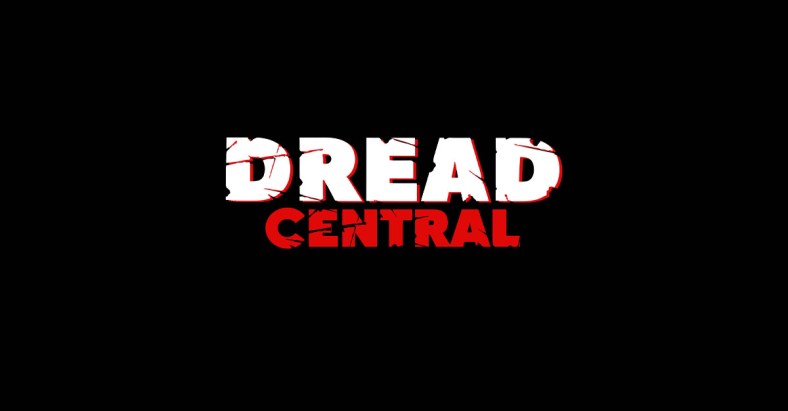Remembering George A. Romero by Ben Rock

In 1994, George Romero made a short film called Jacaranda Joe at my alma mater, the technical film school at Valencia Community College. Romero was participating in a program that the school was calling the Endowed Chair, where they brought a name filmmaker in each year to direct a short project with the VCC students. The previous year the students had worked with Robert Wise. My friend Jeremy, who was in that class Romero was going to work with, called me one day and told me when Romero would be doing a giant Q&A session with the students but as an alum I was welcome to attend.
You bet your ass I was there.
Jeremey, who’d known me since high school, knew of my obsession with horror movies which had begun with more mainstream stuff and then had made a deep dive into the classics of the new breed of horror – paramount among them being films like Night of the Living Dead, Dawn of the Dead, and Day of the Dead – also Creepshow, which I’d made my father take me to when it was playing in theaters and I was too young to get in by myself. My dad hated horror movies, and I loved my father’s revulsion to horror almost as much as I loved the movie itself. When I was 16, I rented Night of the Living Dead from my local video store and watched it by myself on Halloween. It opened my mind to more independent-style horror films as well as foreign directors like Fulci, Bava, and of course Dario Argento. But Romero was the pioneer. Before we had Sundance and the American indie-film movement we had Romero and a raft of independent horror films he’d inspired. Would we have had theatrical releases for Tobe Hooper and David Cronnenberg and Sam Raimi – and even John Waters – if George Romero hadn’t paved the way? He showed that there was an audience hungry for something new and primal and visceral, and that they’d pay money to see these films (often at midnight).
Romero’s work for me often felt like a Rod Serling-esque social allegory wrapped in blood-splattered packaging – both to give us a sense of the grotesque urgency of the issue and to keep our attention while hopefully having a terrible societal norm chipped away. Beyond thrills and scares, his work always strove to find humanity or to help us in the audience to find ours. His films searched for justice in an allegorically out-of-control unjust world.
I remember standing in the back of the room at the VCC film program and watching Romero take questions from eager students – his awesome feature The Dark Half had played in theaters the year before and he’d just shown the class Monkey Shines. Seeing him talk was the first time I’d ever seen a “real” filmmaker in person, and afterward I made a point of approaching him and telling him what a huge influence he’d been to me. He was, as everyone else who knew him will say, gregarious and genuine and above all generous. Even though I was working two jobs and going to another college full-time, I hung around on the Jacaranda Joe set as much as I possibly could, trying to learn whatever I could. Rick Gonzalez – who’d worked for Tom Savini on Day of the Dead – made an amazing swamp creature suit and a bunch of my actor friends including Bill Cross, Jonathan Mangum, and John Maynard had the rare opportunity to act for Romero, and all of them regaled me with stories of how much fun it was. Back then as now, I was too reluctant to approach the man himself more often than seemed appropriate to me, and in retrospect I truly wish I had but as a horror fan of the 1980’s Fangoria generation Romero was the Mozart of the genre and I didn’t want to pester. Of course, now I’m pretty sure that he would have been flattered that his grotesqueries had inspired others to follow his career path.
It should be noted that the same year, future Blair Witch creators Gregg Hale (with DP Daniel Myrick), Eduardo Sanchez (with DP Neil Fredericks) and I had the privilege of making our own genre films with that same Valencia crew and they brought the lessons of having worked with Romero to all of our sets. The following year, he sent his son Cameron to study at Valencia where Cameron made his first short film, Human Nature. While cutting my film in VCC’s editing trailer, I got to know Cameron a bit – I remember that he always referred to his father with reverence as a “writer,” rather than bragging about who he really was even though we all knew. I never asked, but I assume that’s how George Romero thought of himself.
His loss is a staggering loss firstly for his family and then for the community of his friends and colleagues. And although it is a great loss to the independent film world and the horror world – but I hope that it will spark a renaissance in people watching his films and seeing that the power of genre film can transcend the special effects and kill scenes and actually make a real, tangible point that might move audiences to think, to act, to make a difference.
– Ben Rock

Categorized:News
